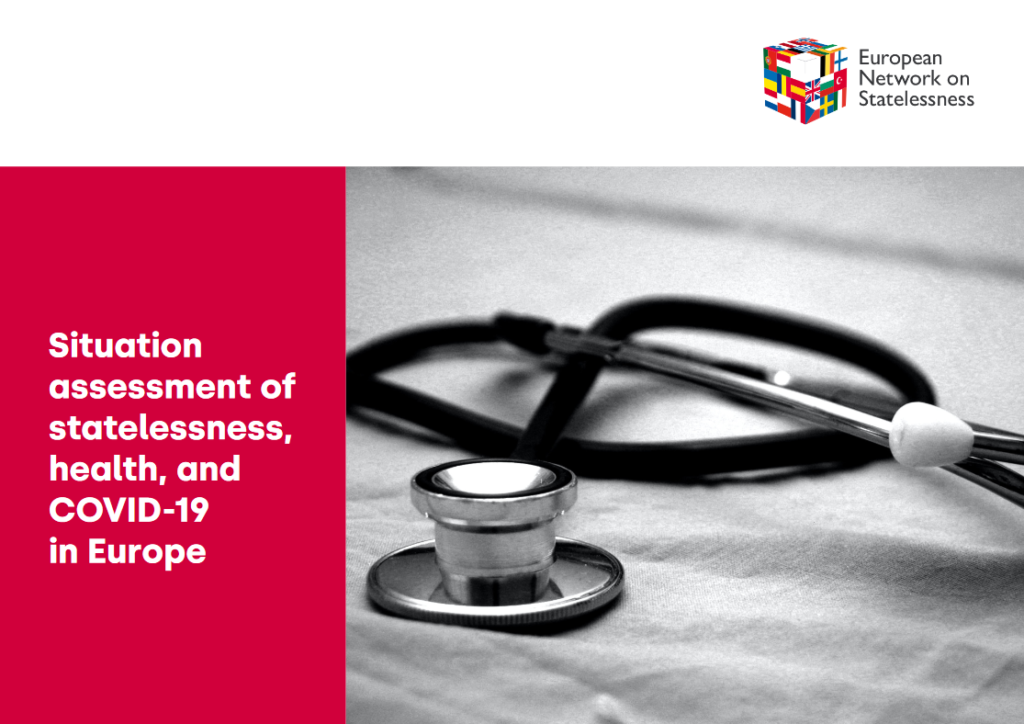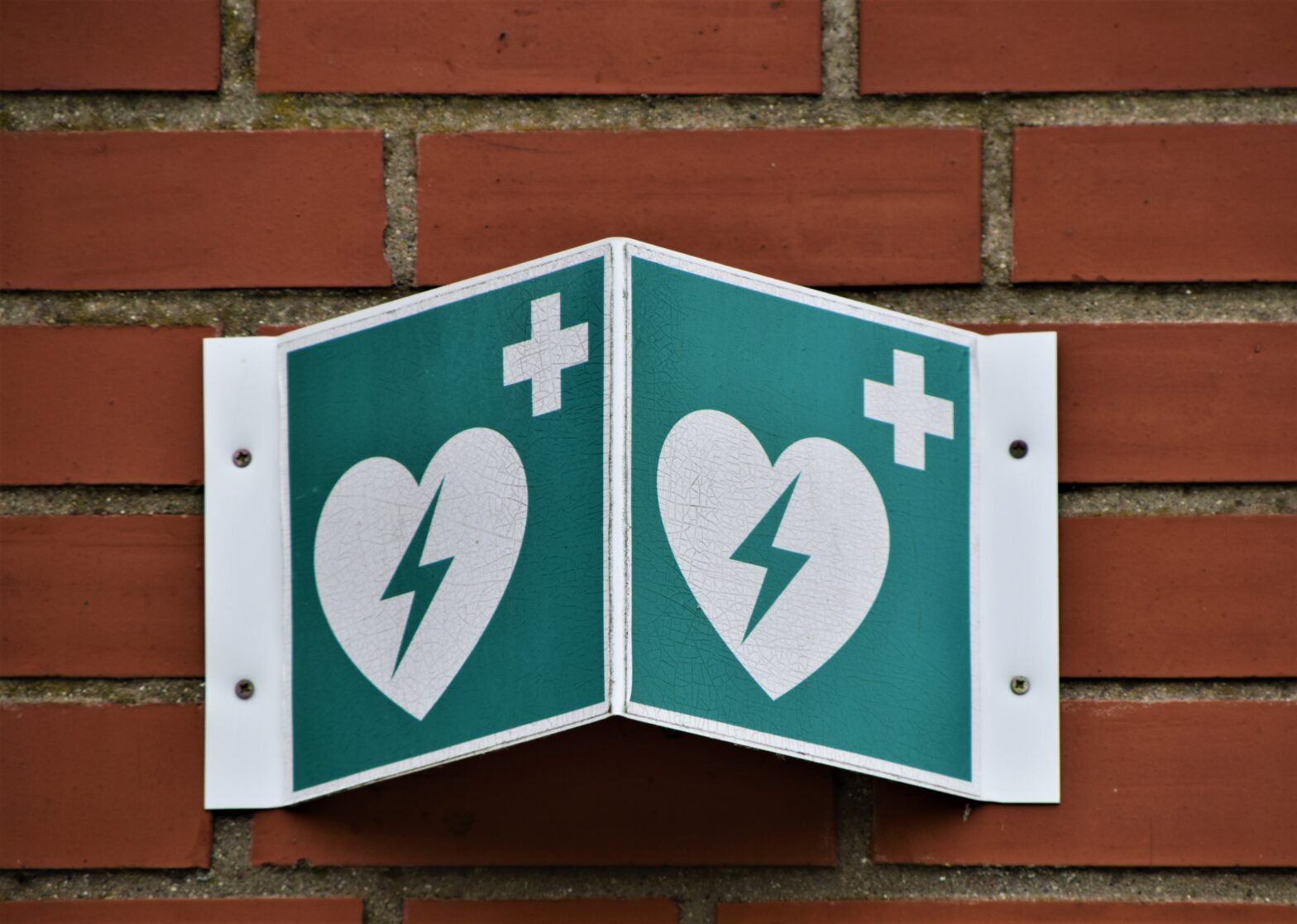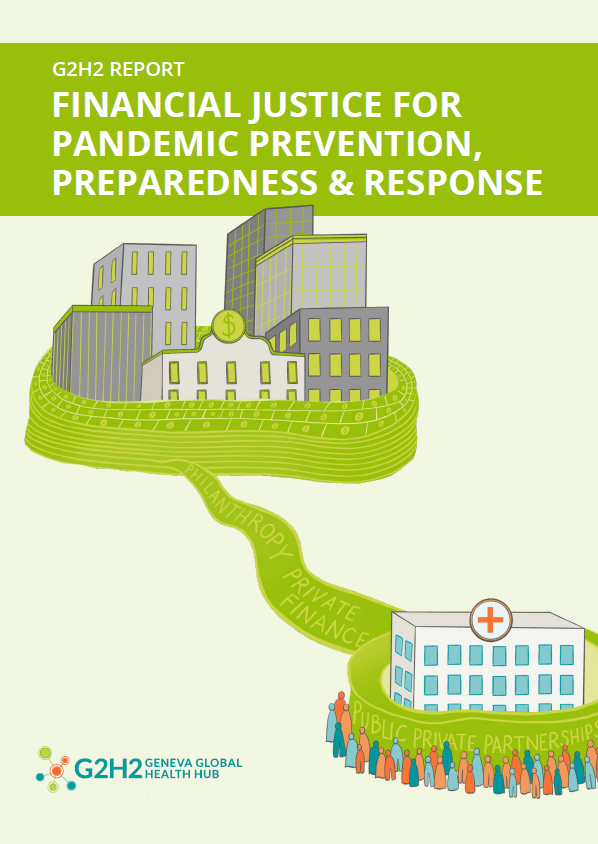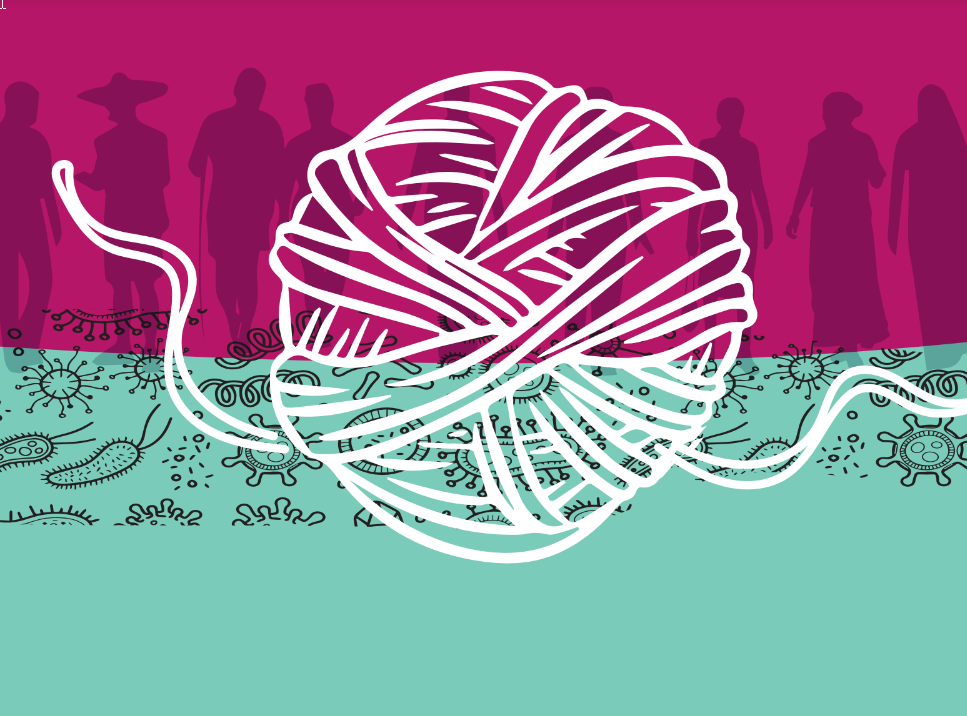Share Twitter Facebook Email Copy URL
The COVID-19 pandemic is more than a health crisis. As its repercussions continue to unfold, it has developed into a rights crisis that affects all of us. Yet, it does not affect all of us equally.

The research was commissioned by the European Network on Statelessness (ENS) and sponsored by the Rosa-Luxemburg-Stiftung with funds of the Federal Ministry for Economic Cooperation and Development of the Federal Republic of Germany. This publication or parts of it can be used by others for free as long as they provide a proper reference to the original publication.
The report was researched and written by Marie-Claire Van Hout (Public Health Institute, Liverpool John Moores University), Charlotte Bigland (Public Health Institute, Liverpool John Moores University), and Nina Murray (European Network on Statelessness).
Foreword
Since the onset of COVID-19, I have urged authorities across Europe to ensure that healthcare systems meet the needs of the entire population, including the marginalised and disadvantaged. I therefore welcome this research as the first of its kind to explore the extraordinary vulnerabilities and rights violations experienced by stateless persons in relation to health. It exposes a troubling lack of recognition of the fact that statelessness continues to constitute a powerful barrier to accessing healthcare across Europe. Filling this gap is ever more urgent in the current pandemic context.
In most countries, legal status and formal documentation are prerequisites for accessing quality healthcare. They are also prerequisites for gaining access to important social determinants of health, including employment, social protection, and adequate housing. Over 500,000 stateless persons in Europe, many belonging to minorities, do not enjoy the fundamental human right to recognition everywhere as a person before the law. Children continue to be born and to grow up without a nationality, in yet another generation of persons who are compelled to live a life of destitution, marginalisation and extreme vulnerability to human rights abuses. I believe that States should step up efforts to put an end to the perpetuation of statelessness, in line with existing international standards. They should ensure, in particular, that children born on their territory and who would otherwise be stateless are granted the nationality of the State concerned. This is possibly one of the most effective tools to curb the number of stateless persons in Europe. I will continue to highlight human rights violations resulting from statelessness in my future work, whether at national level or in multilateral contexts, and to support the authorities in identifying and implementing effective solutions.
COVID-19 has demonstrated that the right to health cannot be protected at an individual level. It requires effective systems that provide for inclusive prevention, treatment, and rehabilitation for all, leaving no one behind and ensuring that structural inequalities are not magnified over time but disrupted and addressed. I have called on Council of Europe Member States to ensure non-discriminatory access to all pandemic response and vaccination programmes, and to base any necessity for prioritisation on sound medical evidence and the individual urgency of the case. Health is a human right and must be treated as a public good, not a special benefit or a commodity.
Authorities should therefore strive to identify and address the specific and interrelated barriers to realising stateless people’s right to health that the report identifies. Beyond their lack of legal status, these include multiple forms of discrimination, fear and mistrust of authorities, digital exclusion, and the lack of access to adequate health information. To guarantee the right to health for all requires adequate resourcing, and proactive research and outreach to ensure that diverse stateless populations participate and are made visible in health policymaking. I therefore highly appreciate this valuable research on the nexus between statelessness and health inequalities and encourage States to take its recommendations to heart in their efforts to build inclusive and resilient healthcare systems for all.
Foreword by Dunja Mijatović, Council of Europe Commissioner for Human Rights.



